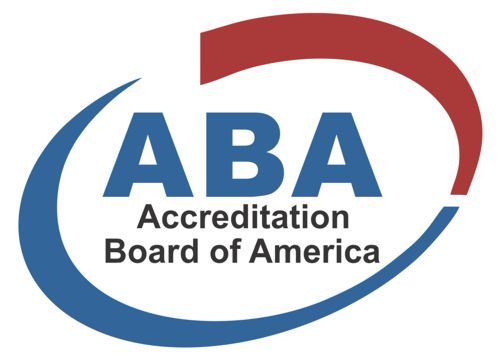In today’s dynamic business landscape, regulatory compliance is paramount. Companies across industries must navigate a complex web of laws and regulations to ensure their operations are both ethical and legally sound. ISO 17021, a standard developed by the International Organization for Standardization (ISO), plays a pivotal role in helping organizations meet regulatory requirements and maintain their commitment to quality. In this article, we will delve into the significance of ISO 17021 in achieving legal compliance and how it serves as a guiding framework for businesses.
Understanding ISO 17021
ISO 17021 is an internationally recognized standard that outlines the requirements for organizations providing auditing and certification of management systems. The standard sets out criteria for certification bodies to assess the competence and impartiality of organizations seeking accreditation for various management systems, such as quality management, environmental management, and information security management, among others.
The Link Between ISO 17021 and Legal Compliance
While ISO 17021 is primarily concerned with the certification process, it indirectly contributes to legal compliance in several ways:
1. Structured Approach: ISO 17021 mandates a systematic approach to auditing and certification. This structured methodology ensures that an organization’s processes are thoroughly examined, helping identify potential gaps in compliance with legal requirements.
2. Risk Management: ISO 17021 emphasizes risk-based thinking. This approach encourages organizations to assess and manage risks associated with regulatory non-compliance. By identifying potential risks, businesses can take proactive measures to prevent legal violations.
3. Documentation: The standard requires comprehensive documentation of audit findings and certification decisions. This documentation can serve as crucial evidence of an organization’s commitment to compliance in case of legal inquiries.
4. Continuous Improvement: ISO 17021 promotes the concept of continual improvement. Organizations that adhere to this principle are better equipped to adapt to changes in regulations, ensuring they remain compliant even as laws evolve.
Navigating Complex Regulatory Landscapes
The regulatory landscape varies widely based on factors such as industry, location, and the nature of business operations. Achieving legal compliance can be incredibly challenging for companies operating in multiple jurisdictions with divergent regulations. ISO 17021 provides a common framework that can be tailored to suit the specific regulatory requirements of different regions.
ISO 17021’s adaptability is particularly valuable in industries such as healthcare, finance, and manufacturing, where stringent regulations are the norm. By incorporating the principles of ISO 17021 into their operations, businesses can streamline their compliance efforts, reduce the risk of legal entanglements, and foster a culture of responsibility.
Benefits Beyond Compliance
While the primary goal of ISO 17021 is to facilitate certification and regulatory compliance, its benefits extend beyond this realm:
1. Enhanced Reputation: Organizations that hold ISO 17021 certification demonstrate a commitment to quality and compliance, enhancing their reputation among customers, partners, and regulators.
2. Operational Efficiency: The systematic approach advocated by ISO 17021 can lead to improved operational efficiency. Streamlined processes reduce the likelihood of errors, which in turn can minimize legal compliance issues.
3. Competitive Advantage: ISO 17021 certification can provide a competitive edge in the market. Many clients and partners prioritize working with businesses that have obtained this certification, given the assurance of adherence to recognized standards.
ISO 17021 serves as a bridge between quality management and legal compliance, offering organizations a structured approach to navigate the complex world of regulations. By adhering to its principles, companies can identify potential compliance risks, proactively address them, and demonstrate their commitment to maintaining the highest standards of business ethics. As the regulatory landscape continues to evolve, ISO 17021 provides a solid foundation for organizations to build their legal compliance strategies, fostering sustainable growth and success.

